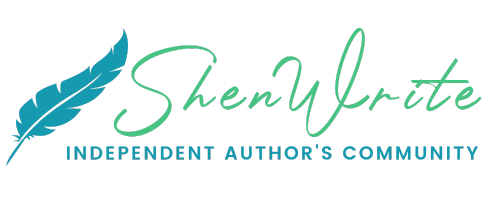The author’s toolbox consists of various tools, strategies, and resources that writers can use to enhance their craft, improve their writing process, and navigate the publishing industry. Here are some essential elements of an author’s toolbox:
- Writing Tools: These include physical tools like pens, notebooks, or a computer, as well as digital tools such as word processors, writing software, or writing apps. Choose tools that align with your preferences and help you capture and organize your ideas effectively.
- Reference Materials: Keep a collection of reference materials handy, such as dictionaries, thesauruses, grammar guides, and style manuals. These resources provide guidance and help you improve the accuracy, clarity, and richness of your writing.
- Writing Prompts: Writing prompts are great for overcoming writer’s block and sparking creativity. Use prompts to challenge yourself, explore new ideas, or practice different writing styles and genres.
- Research Resources: Depending on the subject matter of your writing, research resources can include books, academic journals, online databases, websites, interviews, and more. Conduct thorough research to ensure accuracy and authenticity in your writing.
- Feedback and Critique: Seek constructive feedback on your writing from trusted beta readers, writing groups, or writing workshops. Feedback helps you identify strengths and weaknesses, refine your writing, and gain valuable insights from other perspectives.
- Time Management Techniques: Effective time management is crucial for writers. Use tools like calendars, planners, or productivity apps to schedule writing sessions, set goals, and track progress. Time management techniques like the Pomodoro Technique or time blocking can help you stay focused and productive.
- Editing and Revision Strategies: Develop a toolbox of editing and revision strategies, such as proofreading techniques, self-editing checklists, or revision processes. These tools help you polish your work, refine your ideas, and ensure your writing is the best it can be.
- Publishing Resources: Familiarize yourself with the publishing industry by exploring resources such as writer’s magazines, literary agents’ directories, publishing guides, or online platforms that connect authors with publishers or self-publishing options. Stay updated on industry trends, submission guidelines, and marketing strategies.
- Networking and Support: Build connections within the writing community through writer’s groups, conferences, workshops, and online writing communities. Networking provides opportunities for collaboration, mentorship, and support from fellow writers.
- Inspiration and Motivation: Find sources of inspiration and motivation to keep your creative energy flowing. This can include reading books in your genre, attending author talks or book signings, listening to podcasts or interviews with successful authors, or exploring other forms of art and creativity.
Remember that an author’s toolbox is a personal collection of resources and techniques that work best for you. Continuously explore new tools, adapt your toolbox to your evolving needs, and experiment with different strategies to nurture your writing journey.
